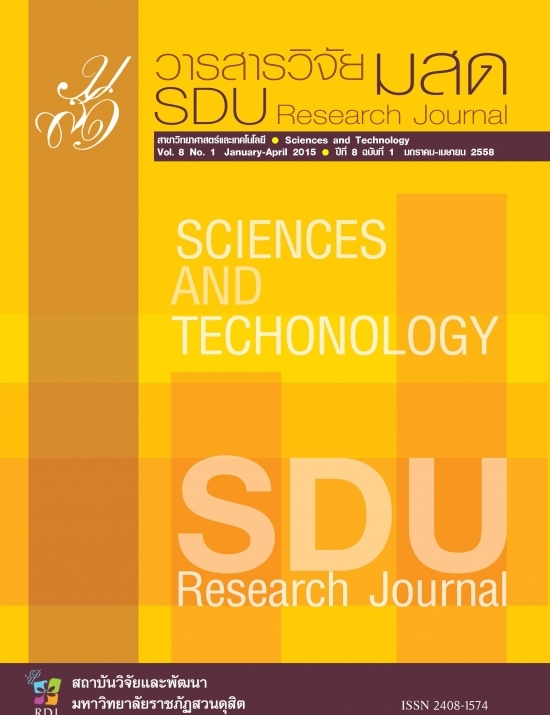Epidemiology as Framework for Conducting Health Research: A Theoretical Overview
Keywords:
Epidemiology, Health research, Study design, Research methodAbstract
Health research is essentially the use of scientific procedure to reveal factual
information regarding health phenomena of interest. Since the information revealed
through this methodical process is used as evidence for patient care in clinical setting or
implementation of population health programs, utilization of the information obtained
through irrationally conducted health research can then potentially place risk and harm
on those individuals receiving the incorrectly indicated intervention. Then, to rationally
conduct health research, epidemiology can be a discipline that gives direction on how to
conceptualize ideas and design health studies. Although health investigator needs to be
critically cautious at all methodical steps, health research should not be viewed as a far
too complicated activity restricted to individuals affiliated with academic or research
institutes. Health professionals working on routine health service are also encouraged to
participate in research since they can contribute their pragmatic experience and
understanding of real practical setting. Translation of research knowledge into practice is
also more likely to be achieved by these practitioners. To revise some concepts of health
research, especially for professionals working in primary healthcare, this article serves as a
theoretical overview of how health research can be conceptualized and conducted from
an epidemiological viewpoint.








